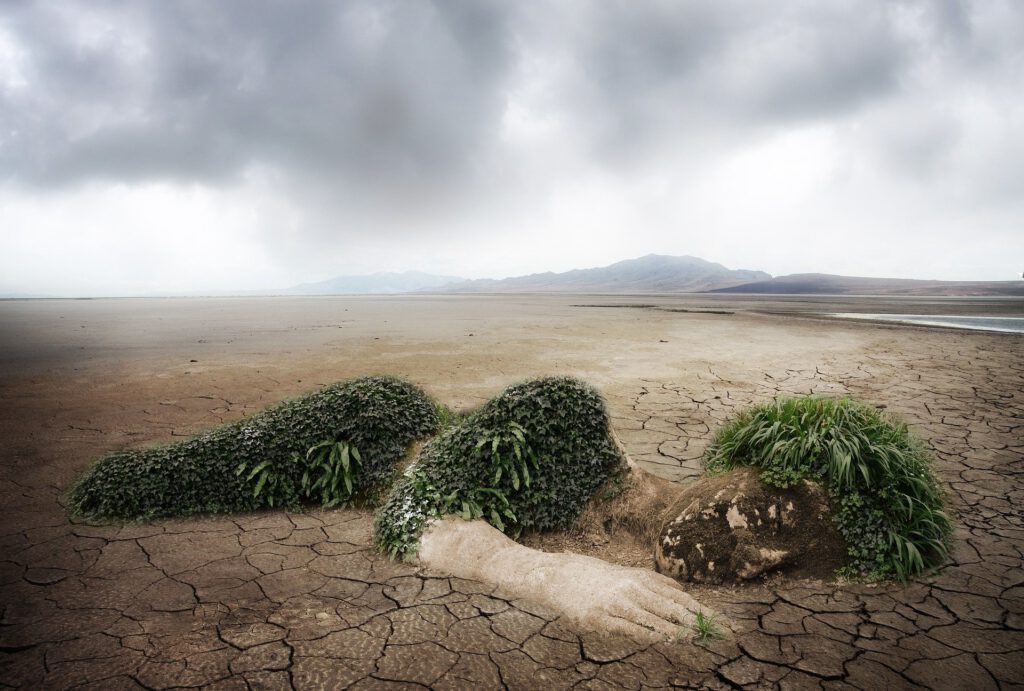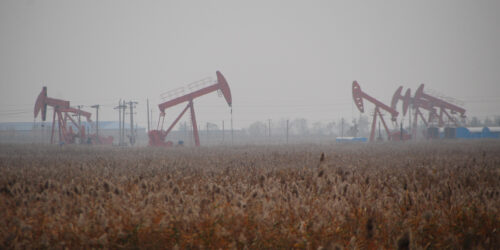History Happens Now – A Response to “Is History History?”

“There is an anecdote which I have already recounted elsewhere: I had gone with Henri Pirenne to Stockholm; we had scarcely arrived, when he said to me: ‘What shall we go to see first? It seems that there is a new city hall here. Let’s start there.’ Then, as if to ward off my surprise, he added: ‘If I were an antiquarian, I would have eyes only for old stuff, but I am a historian. Therefore, I love life.’ This faculty of understanding the living is, in very truth, the master quality of the historian.”
—Marc Bloch, The Historian’s Craft
* * *
Last Wednesday, August 17th 2022, the American Historical Association (AHA) published a column titled “Is History History?” by its president, James Sweet. It caused something of a storm among historians (see e.g. threads by Elsa Devienne, Jennifer Hart, Thomas Lecaque, Joseph Rezek). So strong was the response that Sweet issued an apology two days later.
In the original post, Sweet accuses “the entire discipline” of “lurching” towards “presentism,” or the “tendency to interpret the past through the lens of the present.” He picks up a warning from former AHA President Lynn Hunt in 2002 that history risked being put out of business by more contemporary-minded disciplines (“sociology, political science, or ethnic studies”) if it did not resist moves towards presentism. Sweet claims that the “discipline did not heed Hunt’s warning,” and brings out statistics to show that increasing numbers of PhD students in the U.S. have been studying topics post-1800, while the popularity of earlier periods has declined. In the rest of his post, he takes aim at various contemporary manifestations of presentism: the New York Times’ work of long-form, interactive journalism The 1619 Project: A New Origin Story (pay-walled); a Ghanaian tour guide; the forthcoming film The Woman King; and recent U.S. Supreme Court decisions. None of these are works of academic history (although there were many historians involved in 1619), nor is it at all clear that they would be different if History PhD students in the U.S. had been more inclined to study pre-1800 topics rather than the last two centuries or so of the human past.
As a group deeply engaged with seeking contemporary political change, but also passionate about the power of historical thinking, Historians for Future rejects the idea that history can be separated from the concerns of the present (see e.g. our statement for more on our aims). The discipline has, over its own history, been deeply engaged in developing histories of the state (this was the central concern of history as it became institutionalized in universities in the nineteenth century), of class and class struggle (topics often pursued by historians who were active participants in communist, anarchist or socialist politics), of women and gender (histories often intended to dismantle the structures of patriarchal power), of race, slavery and various forms of colonialism, of queer communities and sexuality, and of disabled people (all often intended to give power to historically oppressed groups). One of the most high profile historical journals is called Past & Present, founded as long ago as 1952. Even the Ancient Greek historians Herodotus and Thucydides wrote accounts that sought to explain and record contemporary events through historical narrative. Certainly this is not the first generation of historians to be shaped by the concerns of the present.
We argue that historical thinking is absolutely essential to understanding the current era: the world needs historians (which is not to say that it does not also need sociologists, political scientists, and scholars of ethnicity/race; our blog has featured many writers who are not strictly-speaking historians, but who have found engaging in historical work productive for their own disciplines). Surely it is far more likely that history will collapse as a discipline if we tell prospective historians that it has nothing to do with their contemporary concerns, that they must learn to do away with these if they are ever to be “real” historians? Indeed, with ever-growing debates about the relevance of disciplinary expertise in an increasingly undisciplined world, closely defining what history is, or isn’t, what it should or shouldn’t be extinguishes the creative and critical power that allows many scholars, readers and other practitioners to understand the contingent and contextual factors that shape and (re)shape the ways in which we inhabit the present and can imagine some possible future(s).
It seems especially peculiar to argue that history is doomed to collapse in the face of other fields of knowledge simply because people are interested in the recent past. The last few centuries, and especially the last 150 years of widespread fossil-fuel use and habitat despoliation, have created—and continue to deepen—the various ecological crises on this planet. It is hardly surprising that historians are interested in understanding how our world became so strange (not to say potentially uninhabitable) to us. And, of course, humanity’s relationships with the “environment” are deeply entangled with older histories as well. Indeed, it is possible that some of these earlier histories themselves might have lessons for humans in the twenty-first century seeking alternative ways of living and knowing, providing insight into an evolving sociopolitical context of environmental change or demonstrating the many ways in which the “environment” became an object of thought both to be explored and to be concerned about. Without historians engaging in contemporary concerns, we would not have the knowledge or tools to recognize and actively demonstrate the historical multiplicity of the “environmental” challenge of today and the political implications of this. The challenge of climate change and ecological collapse is not equal or just, but it is interconnected, and history—in all its forms—helps us to read these inequalities, injustices, and entanglements.
We cannot afford to pursue the interests of the antiquarian, having eyes only for the old stuff. Of course, there is a distinction between activism and historical study. Many historians work on specific research projects that in themselves might appear to have little direct connection to the urgent planetary crises that we discuss on this website. Yet there is, nonetheless, a connection: by engaging in the study of change, the only constant of history, we help sharpen our sense of how the world has been made as it is, and how it might have been otherwise. Historians are central to this and we, at Historians for Future, are committed to the idea of being more than knowledge-producers—historians need to demonstrate both the rigor and flexibility of knowledge and to be active participants in discussions of how to imagine and interrogate courses of action in the present, looking to the future. And so, to close-off history from the present is to risk damaging this key sense, limiting our ability to perceive and communicate the delicate sequences of events and struggles that have made the world around us. This would rob history of its power.



